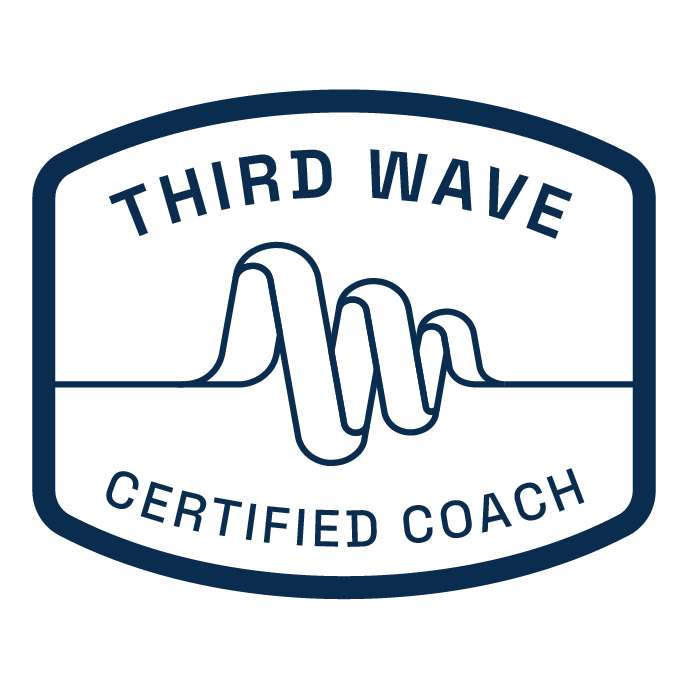Humankind has employed the use of psychedelic medicines in various forms throughout history. Archeological evidence supports ancient use of plant medicines in spiritual settings and for transformative healing experiences for millennia. After the accidental discovery of LSD by chemist Albert Hoffman in the 1940s, research commenced testing the potential therapeutic benefits of psychedelic medicines for psychological diagnoses, among other things. Unfortunately, this research was abruptly halted in the early 1970s, and psychedelic medicines–plant, fungi, and synthesized–were classified as schedule I controlled substances and outlawed in much of the world with rare exceptions for indigenous cultures and for specific religious and spiritual purposes.
A few determined individuals persisted in their desire to restore attention to the healing potential of psychedelics and a new phase of research resumed in the mid-1990s, building upon the earlier research of the 1950-60s. With new developments in neuroscience, researchers were able to investigate and better understand the mechanisms of action of psychedelics within the brain. Researchers noticed that certain areas of the brain quiet down, while new neural connections occur with the use of psychedelic medicines. This latest phase of research further supports the efficacy of psychedelic medicines for a number of indications including anxiety, depression, post-traumatic stress, substance use disorders, pain management for chronic pain, and existential crises related to terminal illnesses and end-of-life anxiety.
As a result of this resurgence of psychedelic research, a number of cities and states in the U.S. have recently legalized or decriminalized possession of some or all psychedelic plants and medicines. In addition, FDA approval of MDMA is expected in the near future for treatment of PTSD, and the off-label use of ketamine is now utilized for a number of mental and emotional disorders. Clinical trials are ongoing for psilocybin with the hopes that it will be approved soon as well.
In keeping with the emerging research, and in an effort to provide cutting-edge and effective therapeutic options, Denice has recently completed Field Trip Health’s Ketamine-Assisted Co-op Therapy program, Third Wave’s Certified Coaching Program, and is currently enrolled in the Integrative Psychiatry Institute’s Psychedelic-Assisted Therapy program. She is pleased to announce offerings for ketamine-assisted therapy for individuals located within the state of Georgia for conditions meeting certain diagnostic criteria, as well as harm reduction prep and integration therapy and coaching services.
Ketamine-Assisted Therapy
Ketamine is an FDA-approved anesthesia. In lower doses, ketamine has dissociative, psychedelic effects. In this lower dose, off-label use, it is currently the only legal psychedelic in the state of Georgia. With proper preparation, attention to “set and setting,” with medical supervision of the dosing and administration of ketamine, and follow-up integration sessions, clients are often able to have transformational therapeutic breakthroughs. As one of Field Trip Health’s co-op therapists, Denice is qualified to provide preparation and integration sessions, and to accompany her clients to the Atlanta Field Trip Health clinic for ketamine sessions. The Field Trip Health clinic staff will provide medical clearance and supervision while Denice holds therapeutic space and facilitates the ketamine session and post-session integration.
Psychedelic Integration Therapy & Coaching
Beyond ketamine, other psychedelic medicines are not currently legal or decriminalized in the state of Georgia; however, as psychedelics become more mainstream, many individuals elect to procure and use various other psychedelic medicines. These individuals may find themselves seeking ‘harm reduction’ coaching or therapy services. In other words, they desire safe experiences, hope to avoid “bad trips” through proper attention to “set and setting,” and may need help processing the material that comes up during a psychedelic journey. Individuals may also travel to locations where these medicines are legal or decriminalized, but prefer to work with a local coach or therapist on preparation and integration. While Denice does not source or provide these medicines, and does not facilitate or guide journeys, she will provide preparation and integration services to those seeking to minimize risk and gain perspective from their journey content and insights. Denice can also help individuals understand their risks and/or contraindications for psychedelic medicine use and make appropriate referrals for further recommendations or risk assessment outside of her scope of practice.

Legal Disclaimer
This information relates to Denice Crowe Clark’s personal knowledge and experience with ketamine and other psychedelic medicines. It is a criminal offense in the United States and in many other countries, punishable by imprisonment and/or fines, to manufacture, possess, or supply psychedelic medicines (i.e., psilocybin, ketamine, LSD, MDMA, ayahuasca, etc.), except in connection with government-sanctioned research. You should therefore understand that these communications are intended to convey Denice Crowe Clark’s experiences and to provide an understanding of the background and current state of research into ketamine and other psychedelic medicines. It is not intended to encourage you to break the law and no attempt should be made to use these substances for any purpose except if legally sanctioned. Denice Crowe Clark and Sole to Soul Therapy & Consulting, LLC expressly disclaim any liability, loss, or risk, personal or otherwise, that is incurred as a consequence, directly or indirectly, of the contents of these materials. You should always consult with your doctor when it comes to your personal health, or before you start any treatment.
For More Information
If you are interested in learning more, please email Denice@walkandtalkatlanta.com or call (404) 895-1525.
